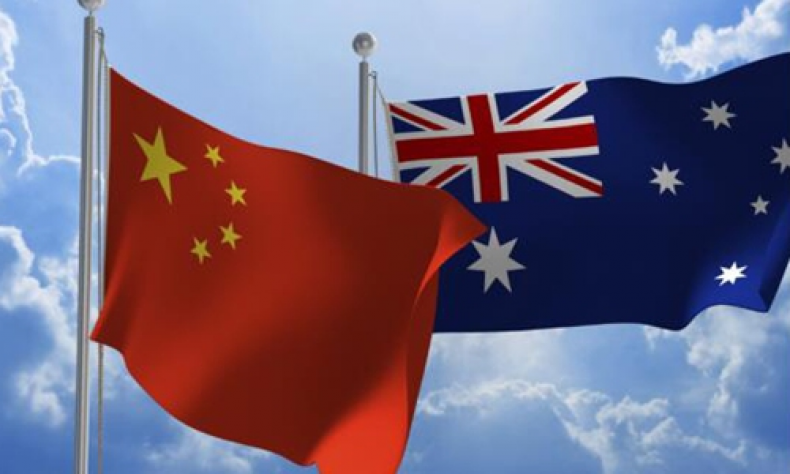Australia Inhibits Foreign Investment

The concentration of national security powers in the hands of the Treasurer is an inevitable politicising of the investment approval process and of the ability of an investment to proceed and develop with certainty over the life of the investment.
Australia’s Foreign Investment Review Board (FIRB) is a master in maintaining the increasingly fictional idea that Australia is open for foreign investment. It repeatedly advises that most foreign investment applications are approved. The recent withdrawal of a $300 million bid for the Australian construction firm Probuild by China State Construction Engineering Corporation exposes the heart of this fiction.
The offer was withdrawn in a sleight of hand move. It was not formally rejected by the Australian Treasurer so it is not classed as a palpable rejection of foreign investment. The proposal was not formally rejected by the Foreign Investment Review Board so it is not included in the calculus of applications. It is included in the ‘withdrawn’ columns for reporting purposes, but this is a fig leaf cover for the real political reasons for the withdrawal.
After eight months of FIRB consideration, the offer was withdrawn by the South African owners of ProBuild because they were advised by Treasurer Josh Frydenberg that the FIRB would declare the transaction a risk to national security and contrary to Australia’s interest. The delay compares unfavourably with the rapid 2020 approval of global energy company Iberdrola’s takeover of Infigen Energy.
This rejection follows the Treasurer’s rejection last year of China’s Mengniu Dairy’s proposed $600 million acquisition of Japanese owned Lion Dairy and Drinks on the grounds that it was against Australia’s national interest. The rejection was seen as an arbitrary decision because the investment had been approved by all the relevant Australian regulatory authorities. The Australian government has secretly rejected several other Chinese takeovers over the past six months in the construction and technology industries.
The reasons cited for the ProBuild rejection are national security grounds, and because they are national security there is no obligation on the FIRB to explain the reasons.
ProBuild executive chairman Simon Gray slammed the rejection. “No one can give us a real reason why we’re a national security risk.” He said building projects deemed sensitive could have been carved out of the deal.
This latest move sends a strong and almost unequivocal message that Chinese investment is no longer welcome in Australia. It’s part of the aggressive Kangaroo diplomacy that came to prominence in 2020. It’s a pugilistic approach based on a false narrative that suggests it’s not possible to do business with China because China does not adhere to the same ideals as Australia.
This does not prevent Australia developing strong trade relationships with others who do not share Australian ideals, like the Philippines or India or Myanmar.
Every country has a set of rules around national security concerns and they are an important and valid factor in considering foreign investment. This becomes an issue when the rules appear to be targeted at a particular group, or when the net is cast so wide that every-day investment opportunities are caught.
These decisions become even more politically opaque as recent changes mean the FIRB will scrutinise every bid for an asset classified as a “sensitive national security business”, regardless of whether the bidder is state-owned or private, and regardless of the value of the asset.
The FIRB will apply the new national security test to entities operating in the energy, telecommunications, ports, water, and data sectors. The changes also give the Treasurer new powers to have an already approved deal reviewed on national security grounds if circumstances change. Reserving the right to back out of a deal and retrospectively change the conditions of investment is usually associated with high sovereign risk countries in Africa and Latin America.
The concentration of national security powers in the hands of the Treasurer is an inevitable politicising of the investment approval process and of the ability of an investment to proceed and develop with certainty over the life of the investment. Although clearly aimed at China, these changes also impact on every foreign investment in Australia.
Investment capital is hard-headed and intolerant of fictions. As much as the FIRB may protest that most applications are passed, including most Chinese applications, investors are quick to understand the reality. Australia is open only for selected business and from selected sources.
The result is already self-evident with Chinese investment in Australia falling by 58 percent in 2019 according to a KPMG report. After this ruling and the Mengniu rejection the level of Chinese investment in Australia is likely to fall even further. This may be greeted with cheers from the anti-China hawks but for thousands of Australian businesses it signals the destruction of decades of work to build the business links with China which have underpinned Australia’s prosperity in the 21st century.
The process of approval of foreign investment in Australia can no longer pretend that most proposals are approved nor that the process is less than opaque.
 Facebook
Facebook
 Twitter
Twitter
 Linkedin
Linkedin
 Google +
Google +



